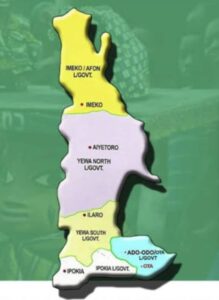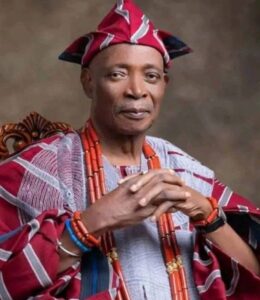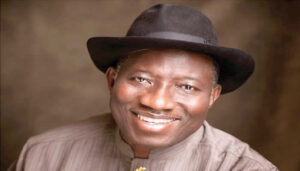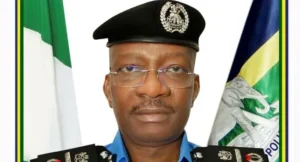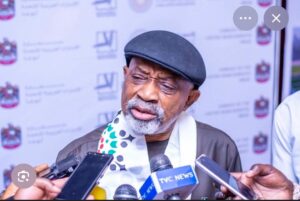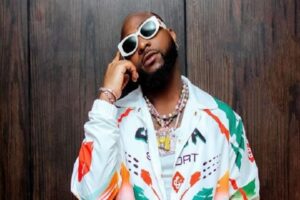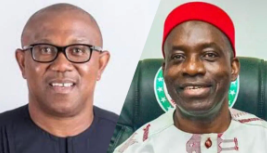
Soludo and Peter Obi: Why there is a wall between them
By Sunday Odeleke
Southeast Nigeria—particularly Anambra State—boasts a distinguished array of eminently qualified individuals capable of leading the nation as president or serving with distinction in other high offices. During the administration of President Olusegun Obasanjo (1999–2007), many technocrats of Anambra origin were appointed into key positions. Among them were the incumbent Governor of Anambra State, Prof. Charles Chukwuma Soludo, who served as Governor of the Central Bank of Nigeria; the late Dr Dora Akunyili, the formidable Amazon who championed the war against counterfeit drugs—an issue of particular importance, given the dominance of the Igbo in Nigeria’s pharmaceutical industry; Dr (Mrs) Ngozi Okonjo-Iweala (by marriage), now the Director-General of the World Trade Organisation; and Obiageli Ezekwesili, among others.
During this era, the Peoples Democratic Party (PDP) was the dominant political platform embraced by the Southeast’s political elite. However, in 2002, under the ideological guidance of the late Dim Chukwuemeka Odumegwu Ojukwu, a revered statesman and foremost Igbo leader, Chekwas Okorie founded the All Progressives Grand Alliance (APGA). Ojukwu contested the 2003 presidential election under the APGA banner, garnering less than 2% of the vote. His candidacy was not a bid to win but a strategic manoeuvre aimed at positioning the Southeast for greater influence in Nigeria’s political future.
Ojukwu understood the limitations of regional isolation. He believed that a politically united Southeast could forge strategic alliances with other regions to one day secure the presidency. He had observed that no region in Nigeria could, in isolation, produce a president without broader national coalitions. This strategy of alliance-building has proven effective in the Southwest, which leveraged it to significant effect during the annulled 1993 election, and again in the 1999 and 2023 presidential elections.
For Ojukwu and other strategic thinkers in Igbo political circles, a bloc vote from the Southeast represented a potent bargaining chip in negotiations over federal power rotation. Since its inception, APGA has remained the ruling party in Anambra State. At one point, it also produced a governor in Imo State in the person of Rochas Okorocha. The 2023 presidential election presented the Southeast with perhaps its greatest opportunity yet to coalesce behind a unifying figure capable of advancing the region’s long-term strategic interests.
However, Peter Obi, the Labour Party’s presidential candidate and a two-term former governor of Anambra State, originally elected under APGA, disrupted this grand design. Although he once publicly pledged never to leave APGA, Obi defected, first to the PDP, where he became the vice-presidential candidate in the 2019 elections. When it became apparent that Atiku Abubakar would again contest in 2023, Obi defected to the Labour Party and secured its presidential ticket.
This move has remained a point of contention among the Southeast’s political elite. Many wonder why Governor Soludo, currently APGA’s only governor and Obi’s successor (with Obiano in between), does not miss any opportunity to lampoon Obi. The answer lies in what is perceived as Obi’s betrayal of Ojukwu’s vision. Soludo and many others believe that had Obi contested the presidency on the APGA platform, the unified Igbo votes cast for the Labour Party in 2023 could have solidified a credible alliance with other regions, potentially producing a viable path to the presidency by 2027 or 2031. In their view, Obi’s decision to defect and pursue personal ambition has pushed this goal further out of reach.
Soludo, whose own ambition to lead Nigeria after his tenure as Anambra governor is no secret, appears convinced that Obi’s actions constitute a betrayal—not only of Ojukwu’s legacy but of the collective aspirations of the Southeast. Like President Bola Ahmed Tinubu, Soludo holds that political power is never handed over on a platter. It requires strategic planning, broad-based consultations, concessions, compromise, patience, and unwavering commitment.
Obi, buoyed by a wave of youthful enthusiasm—particularly among the diaspora—mounted a campaign heavy on soundbites and flawed statistics. He miscalculated, believing that electoral upsets alone would catapult him to power. The result has been political limbo: his Labour Party is currently in disarray, and his own political trajectory appears uncertain.
- Sunday Odeleke Houston, Texas, USA
Damagum’s tenure, nat’l secretary’s position threaten PDP NEC, convention
Tompolo has questions to answer – EFCC
PHOTOS: Mercy Aigbe, Uche Jombo, others battle for Best Dressed at AMVCA 2025
Share your story or advertise with us: Whatsapp: +2348033202396 Email: sentinelnewsng@gmail.com



